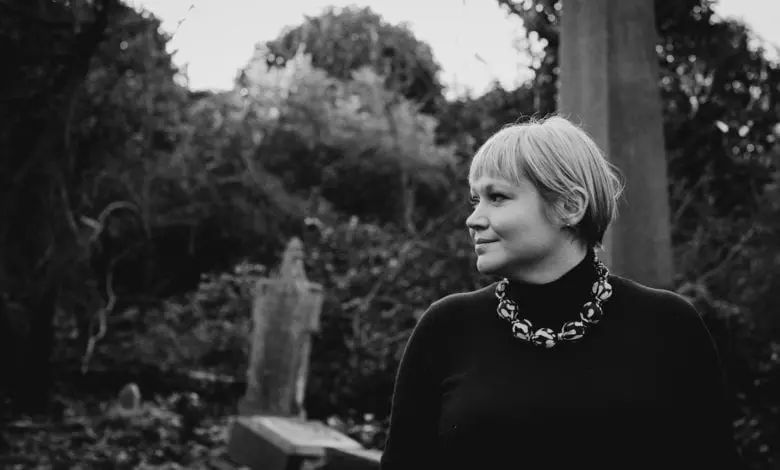
For many of us, death and dying can be difficult to engage with, a final taboo in the lives we lead. In light of this, Louise Winter, a progressive funeral director at Poetic Endings in London has embarked on a journey to confront these discussions in a colourful, accessible new book.

